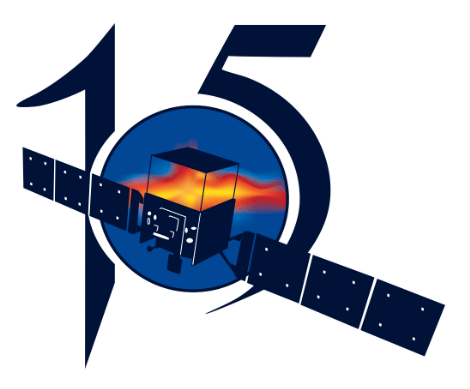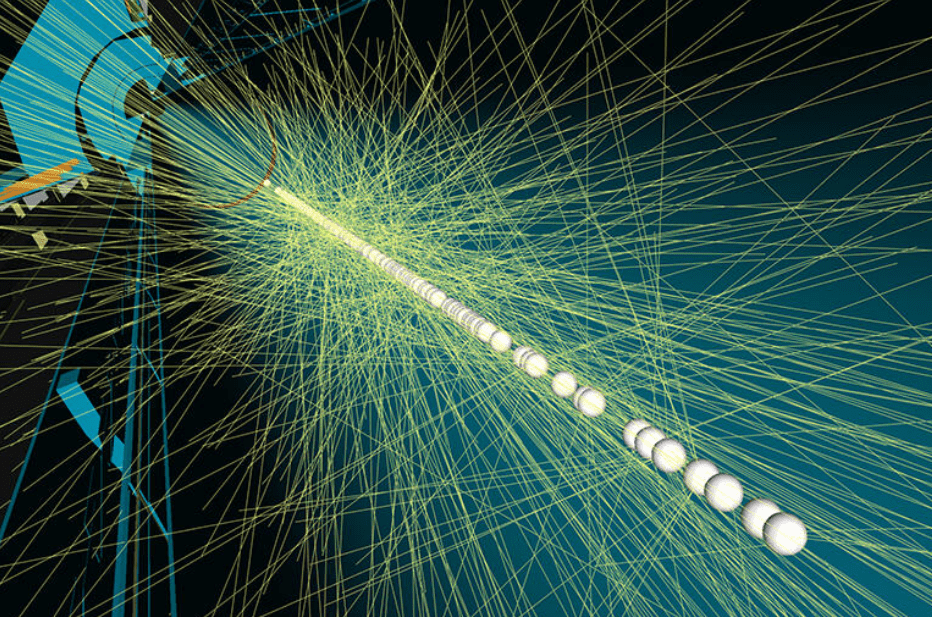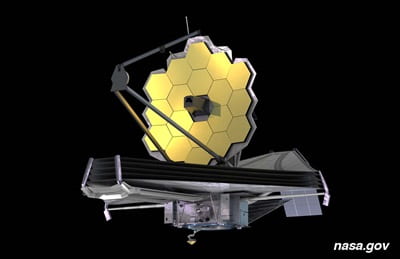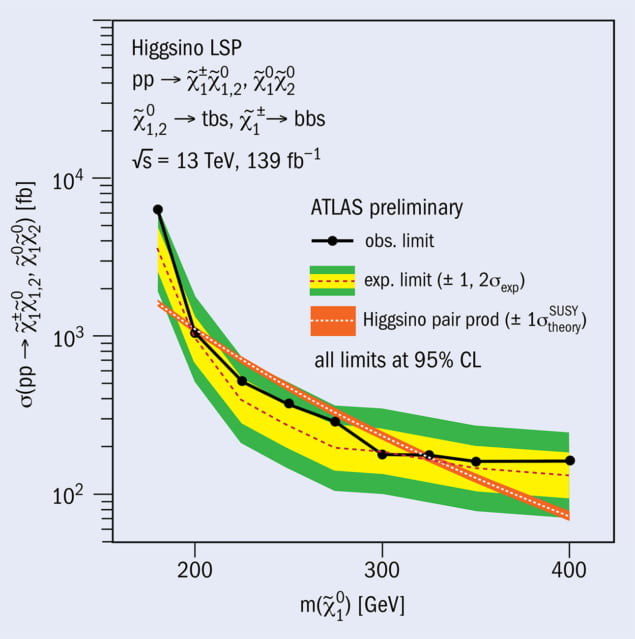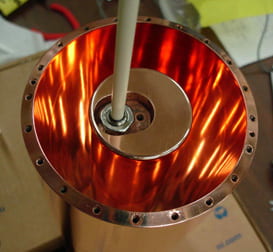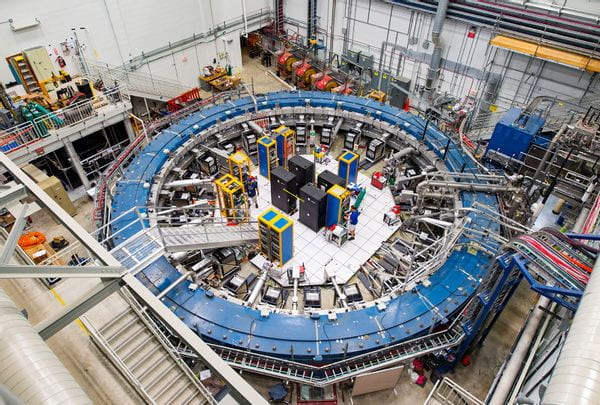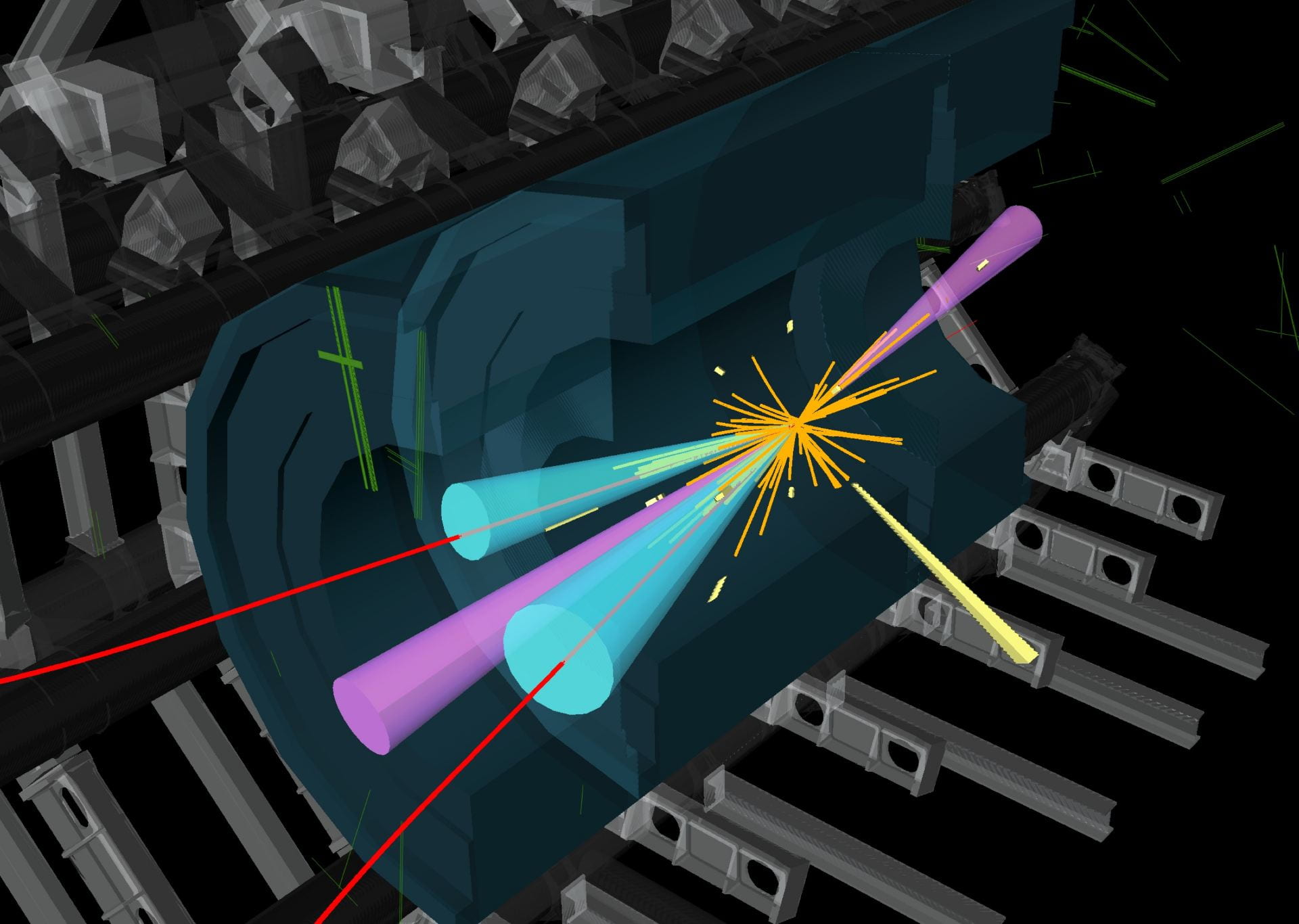Revolutionary Rubin Observatory debuts with first images taken by world’s largest camera
SCIPP and UC Santa Cruz researchers played pivotal roles in the unveiling of the Vera C. Rubin Observatory’s first images, released June 23, 2025. Located atop Chile’s Cerro Pachón, this NSF–DOE facility includes the 8.4 m Simonyi Survey Telescope outfitted with a record-breaking 3.2‑gigapixel camera—the largest ever built. Steven Ritz led the Images Group that produced all the image products for First […]







